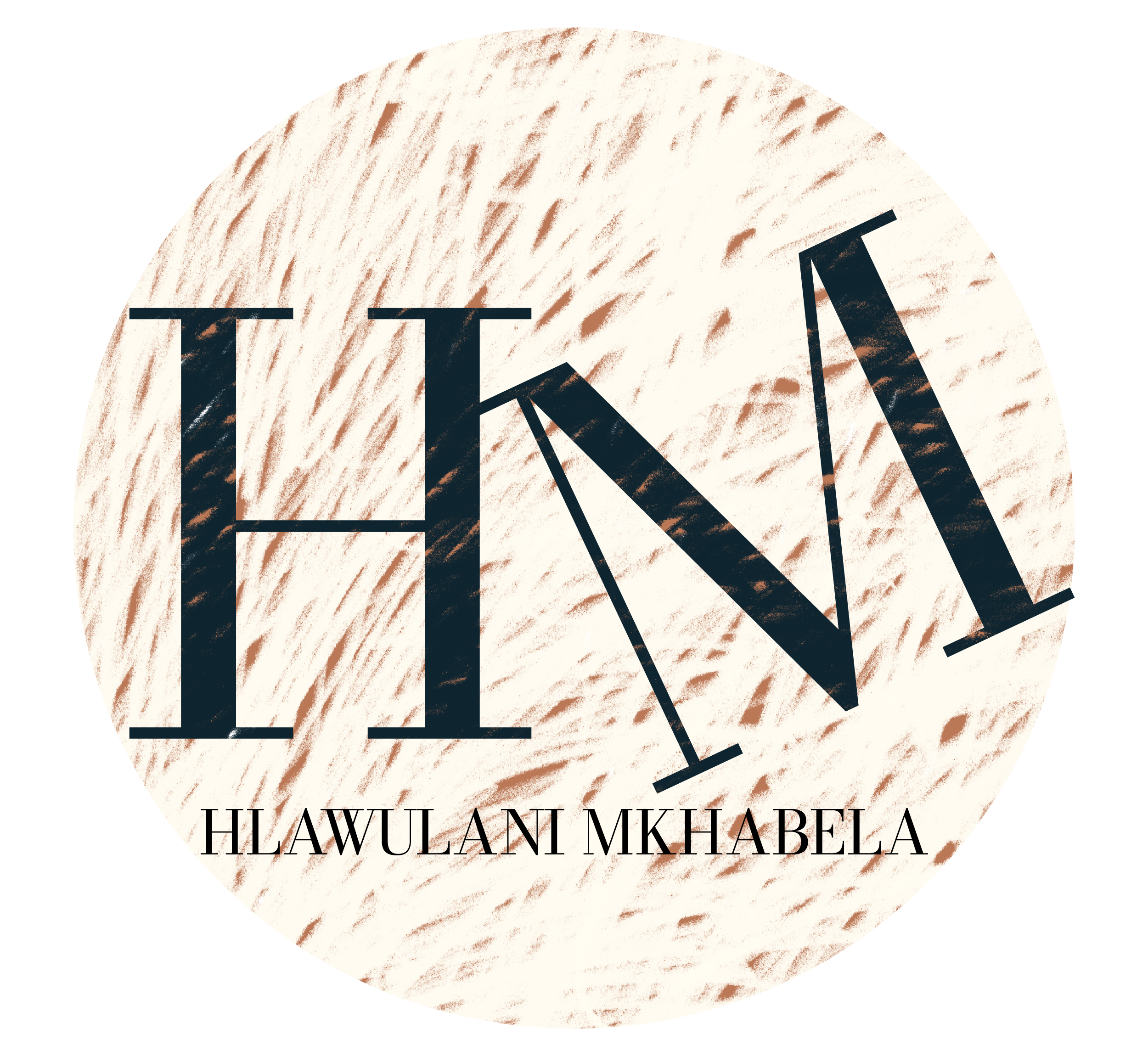I use AI, and I hope I never stop. One of my most valuable discoveries has been relearning the art of asking questions—not just searching for answers, but playing with the questions themselves. Rephrasing them, multiplying them, and following them wherever they lead.

I’ve seen my two-year-old do this, watching in amazement as she consumes knowledge through relentless questioning—an unselfconscious, incessant demand for repetition. In the middle of my career pivot, I find my relationship with learning evolving in a way that strangely mirrors what must have been my own two-year-old self. Whereas my student and early professional years were focused on reaching goals, meeting deadlines, and earning degrees, I now find myself hungry simply to learn for the sake of learning. Each day spent asking questions leaves me both humbled by my ignorance and reassured by the knowledge I’ve gained.
ChatGPT has become an unexpected ally—playing the role of a patient parent as I ask “why?” over and over. “Explain it again,” I insist. “Maybe just one more time.” At first, I hesitated, self-conscious about what I didn’t know. I found myself almost looking over my shoulder before typing the question. Feeling a certain pressure as a professional—wasn’t I supposed to have the answers? Don’t I promise my clients that I have the solutions? That I know what I am doing? But lately, I’ve come to embrace the freedom to ask and keep asking until I truly understand.
Search Engine Optimization assumes that users are searching for answers. That they already have the foundational knowledge to sift through the internet’s vast archive of human experience. But searching for answers presumes that you already know the right questions to ask. What I’ve discovered is that the process of questioning itself is just as valuable as the answers I find—perhaps even more so. One question leads to another, and each one reveals new layers of understanding.
As I work to expand my technical skills as a communication designer, I’ve had to let go of the fear that I’m not “fit” for the job because I don’t yet know how to do something. Instead of seeing my questions as evidence of what I lack, I now recognize them as a roadmap—marking how far I’ve come, showing me where I still need to go, and hinting at the questions I don’t yet know to ask.
For professionals grappling with AI, the challenge isn’t just about using the technology to find better answers. It’s about allowing AI to guide the learning process itself—to help us become braver in asking questions and better at discovering the right ones. Because in the end, learning isn’t about having all the answers—it’s about staying curious enough to keep asking…”why”.
